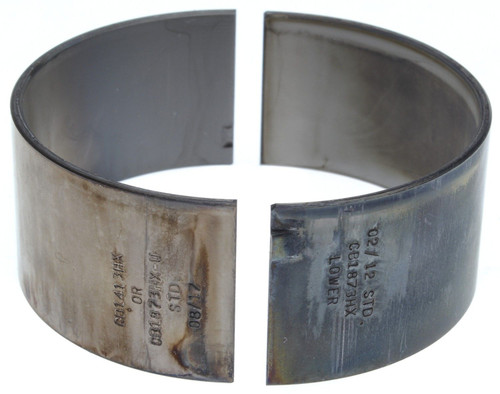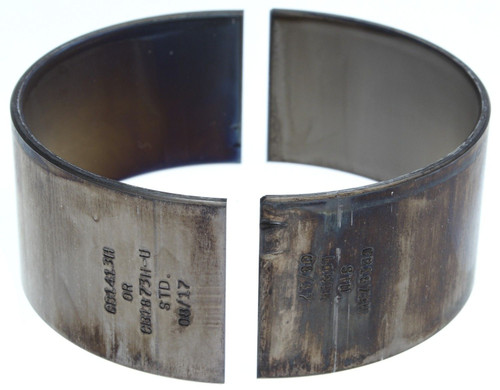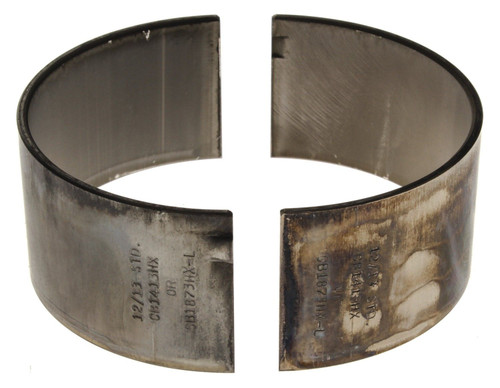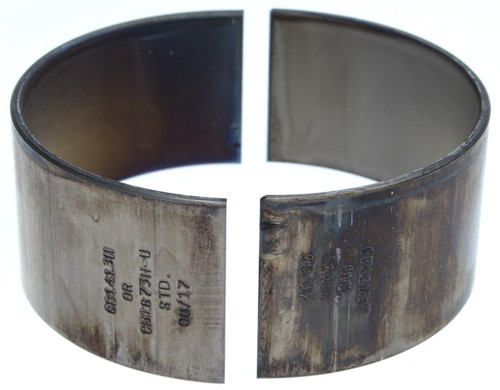Product Description
Give your common-rail Cummins the oil clearance it needs for hard work and high RPM with the MAHLE CB-1873HX H-Series connecting rod bearing. The HX (extra-clearance) design provides approximately .001" more oil clearance than standard H-Series—ideal for performance crankshafts with large fillets, boosted tow rigs, and competition builds that live in heavy load and heat.
Fitment
- 2003–2007 Dodge Ram 2500/3500 — 5.9L Cummins (24-valve, fractured-cap rods)
- 2007.5–2018 Dodge Ram 2500/3500/4500/5500 — 6.7L Cummins (24-valve, fractured-cap rods)
Cross-Reference / Alternatives (Mahle on CPP Diesel only)
- MAHLE CB-1873H (STD H-Series)
- MAHLE CB-1873H-.026MM (-.026 mm / -.001")
- MAHLE CB-1873H-.25MM (-.25 mm / -.010")
- MAHLE CB-1873AP (STD P-Series Pair)
Notes
Sold per rod pair (order six pairs for a complete engine). Always measure, mic the crank, and verify oil clearance with Plastigage or bore gauges. HX is for extra clearance builds—if you need standard H-Series, use CB-1873H.
FAQ
What’s the difference between H-Series and HX?
HX provides roughly .001" additional oil clearance vs. standard H-Series. It’s typically used with performance cranks, tight-tolerance rods, or high-load applications.
Does this fit both 5.9L and 6.7L Cummins?
Yes—this HX bearing is for 2003–2018 5.9L/6.7L common-rail Cummins with fractured-cap rods.
How many do I need?
Six pairs (one pair per rod) for a full engine.
Specifications for Mahle CB-1873HX
| Attribute | Value |
|---|---|
| Brand | MAHLE / Clevite |
| Part Number | CB-1873HX (H-Series, Extra Clearance) |
| Engine Compatibility | 2003–2018 Cummins 5.9L / 6.7L (fractured-cap rods) |
| Construction | Tri-metal upper / bi-metal aluminum lower; enlarged chamfers for fillet clearance |
| Size | Standard shell thickness with ~.001" extra oil clearance |
| UPC | 27067865243 |
| GTIN | 00027067865243 |
| Shipping | Calculated at checkout; optional shipping insurance available at checkout |
| Country of Origin | United States (per listing) |
| Prop 65 | This product can expose you to chemicals known to the State of California to cause cancer and birth defects or other reproductive harm. Learn more |











